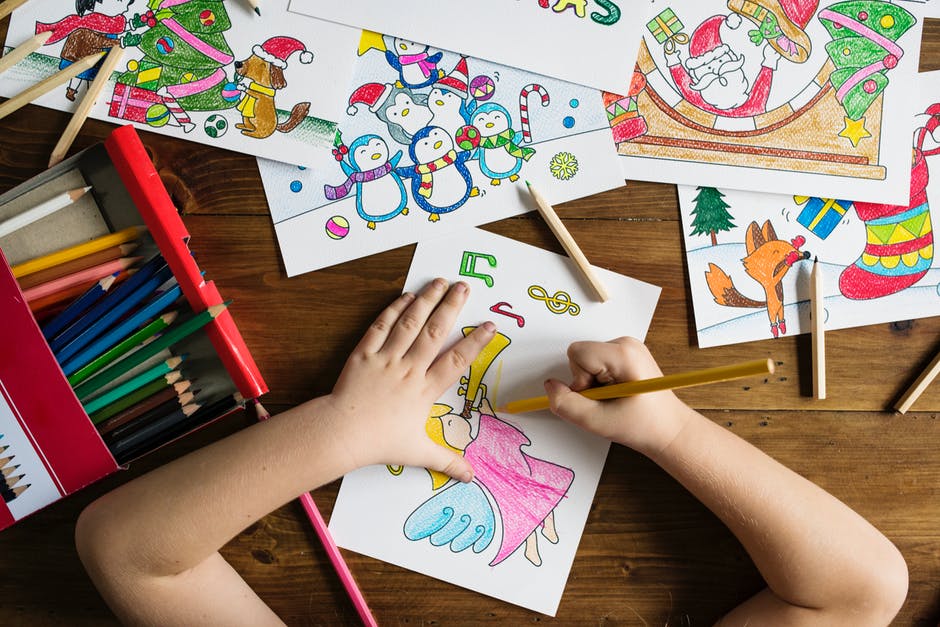When parents decide to start their journey of parenthood, they hope that they will get and bring up a perfectly healthy child. However, many are the times when genetic defects, birth complications, injuries, and other problems get in the way, and differently gifted children are born. Not many people take the time needed to understand people with disabilities, and even fewer people are willing to go out of their way to offer them support. If you have family or friends with special needs, here are a few ways in which you can make them feel your love and support.
1. Talk to them:
Not many people know this but whether it is at work, school, at home and in other social setups, the productivity of people with disabilities and those close to them depends a lot on the attitude of the general community towards them. If the community around a disabled person has formed a negative attitude and barriers to their inclusion, they end up withdrawing and doubting their capabilities. On the other hand, when they are made to feel included and accepted they blossomed.
Parents of children who have disabilities admit that they like it when a stranger walks up to them in a park and shows genuine interest to learn about their child’s condition. What people appreciate the most are people who take time to ask specific questions. For instance, ask how the child’s physical therapy is going as opposed to asking something general or offering that supportive smiles. At times you will find that people with disabilities need a listening ear, and they appreciate it when you take time and pay attention to details about their lives.
2. Be aware of personal space:
People with disabilities often use mobility aids such as wheelchairs, walkers, canes and other items. What most people do not understand is that most view these aides as part of their personal space. When interacting with disabled people, you always have to respect their personal space. If for instance, you want to assist them in pushing their wheelchair, do not just grab and start pushing at it, ask them if it is okay to help them move from one point to the other, you can push the chair when they agree.
The same applies to when you feel they need you to support them in standing up, sitting down or other movements. You can start by saying something like, “Here, let me help you,” and then wait for their consent. If they feel that you are patronizing them or treating them like they are completely helpless, they will push back and reject your help.
3. Be thoughtful:
There is nothing that whispers support to a disabled person more than knowing that you thought about them before you made the plans that you have made. It means that if for instance, you planned a meeting, you made sure that the room was accessible via wheelchair and there are ramps and other relevant accessibility and support features. It is also important to always inform them about all the plans which you have made for the meetings and other get-together arrangements so they can prepare well in advance.
4. Treat them normally:
One of the most difficult corners to navigate when dealing with people who have disabilities is learning how to interact with them without making them feel abnormal. Most people think that being sensitive to these people is about hiding the achievement of their normal kids and clapping when the disabled kid does something that is simple and normal. When interacting with disabled people, do not minimize yourself or your child’s achievements. Learn that the disabled kid might not do things like regular kids, but they still get things done, eventually. Treat them like just any other kid, and they will respond positively to this.
5. Do not try too much:
Another mistake people make when interacting with disabled people is the need to know what to say and what to do at all times. The truth is that disabled people are just like everyone else. It is okay to have a slip of the tongue when interacting with them. It is alright to listen to them when they are telling you about their complications and tell them that you honestly do not know what to say. If you have no idea how to help them when they are at their weakest, it is still okay to sit with them and listen. Your presence is reassuring enough for them.
6. Go an extra mile in the extreme seasons:
Disabled people tend to struggle a lot more than everyone else in. They have to cope with inaccessible sidewalks, flare-ups which are triggered by the low temperatures, chronic pain and other issues that result from being stuck at home too long. These are the things you can do to ease their discomfort during this season:
- Take food to them-it is possible that they will not access grocery stores and farmers markets
- Visit them and spend the time to end the feeling of loneliness and depression.
- Send them a message and genuinely ask how they are faring
- Help them around the house and help them shovel and salt their driveways.
7. Support their dreams:
There is nothing that says love to a disabled person than when you genuinely support their work. People with disability wake up in the morning because they believe they can rise against the odds and make a difference. The least that you can do to make their world a little easier to manage is to support their dreams and their work. When they tell you they are having a talent show, be present and cheer them on. Buy their art, shop from their outlets and all other small gestures which will make them feel appreciated.
These are just a few of the things that you could do to help people with disabilities. In case you interact with them and realize they may need counseling from professionals, you can reach out to Regional & Rural Toowoomba Psychologists. They are well equipped to offer the support needed to make the lives of people with disabilities simple.
Read Also:





















